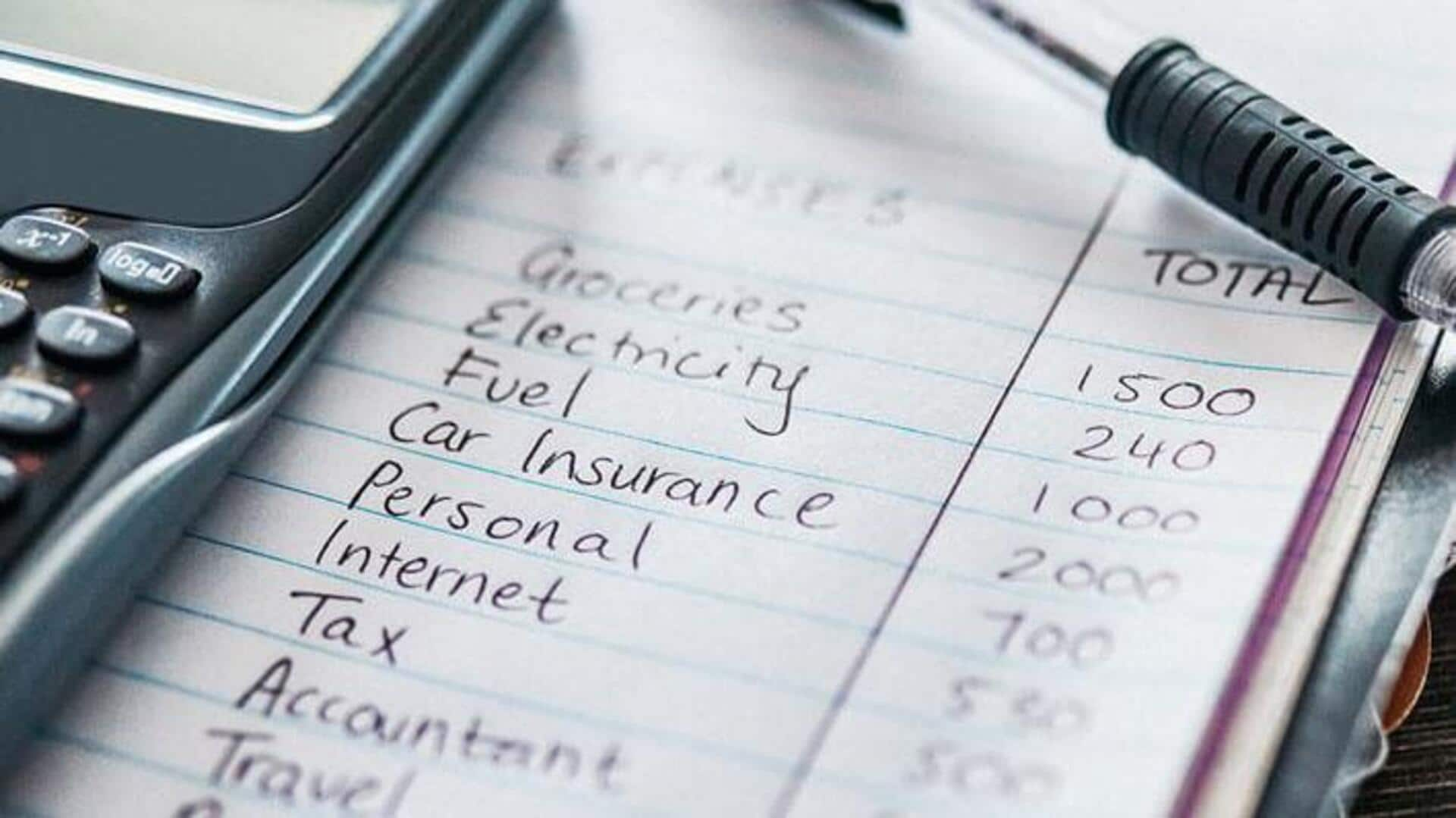
5 household budget categories you're probably forgetting—but shouldn't
What's the story
Managing a household budget can be difficult, particularly while ensuring that all essential expenses are accounted for.
While some categories (like rent, utilities) are evident, there are other areas that often get neglected but can have a major impact on your financial health.
Keeping an eye on these categories can help you keep a balanced budget and avoid unforeseen financial strain.
Here are five budget categories you shouldn't ignore while planning your household finances.
Savings safety net
Emergency fund essentials
An emergency fund is critical for dealing with unexpected expenses, be it a medical emergency or a sudden home repair.
Ideally, this should cover three to six months worth of living expenses.
Even if you set aside a small amount every month, you can eventually build up this safety net, giving you peace of mind and financial stability during a crisis.
Information
Home maintenance costs
Regular home maintenance can save you from expensive repairs later. Set aside money for periodic activities like plumbing, roof checks, and HVAC servicing. When you budget for maintenance, it helps you prolong the life of your home systems and keep yourself from spending more later.
Medical budgeting
Health care expenses
Health care costs can be unpredictable yet unavoidable.
However, it's important to set aside funds for insurance premiums, co-pays, prescriptions, and over-the-counter medications.
A dedicated health care budget ensures you're prepared for routine check-ups and unexpected medical needs.
This way, other financial commitments won't be disrupted, making for a more stable financial situation, even when facing health challenges.
Learning investments
Education & skill development
Investing in education or skill development is essential, but seldom thought of.
It means setting aside money for online courses or workshops that interest you professionally or personally.
This dedication to learning not only enhances career prospects but also contributes to personal growth.
Having a budget for such educational endeavors means you're investing in yourself, adding to your skill set and scope for growth.
Periodic costs
Seasonal & annual expenses
Certain expenses only happen seasonally or annually, but need planning throughout the year.
Holiday gifts, school supplies at the start of the academic year, or annual subscriptions like streaming services or magazines, are a few examples.
By spreading them out over a few months within your budget plan, you can avoid last-minute scrambles during peak spending periods.